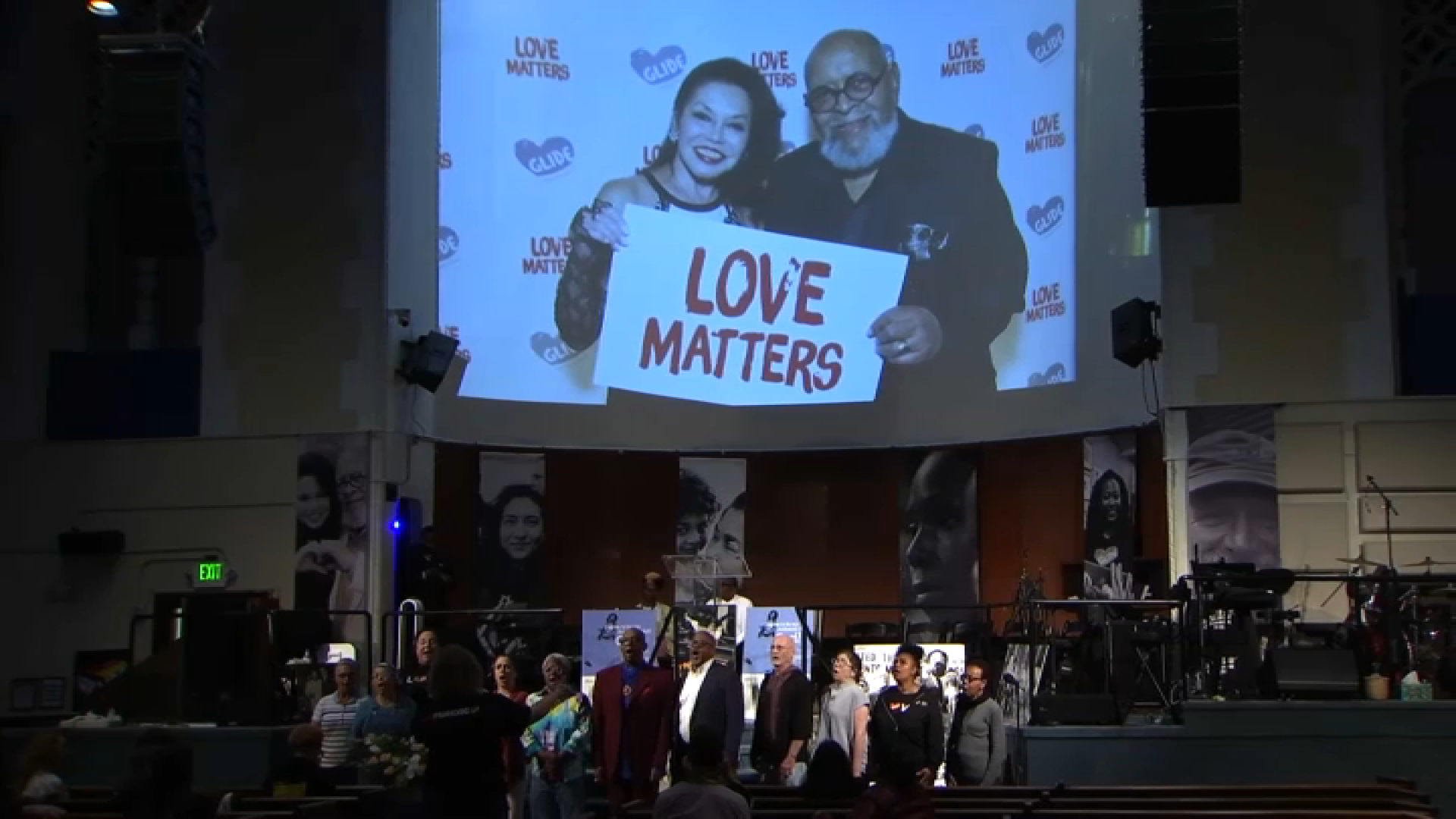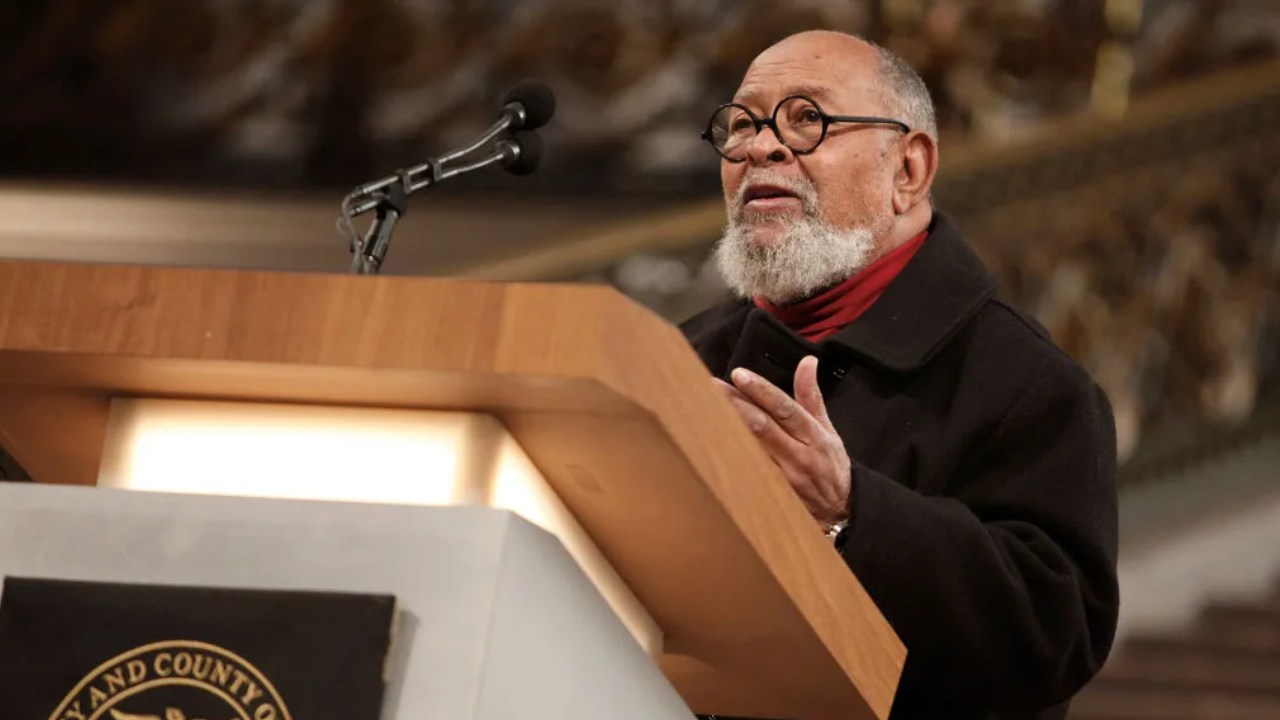If it plugs in, Hung Dang probably has it. And he probably bought it at one store: Best Buy.
He’s an electronics aficionado who’s achieved the Elite Plus level of Best Buy’s rewards program.
“It means I do a lot of shopping there and I spend a lot of money there,” he said.
At least $3,500 of spending per year, according to Best Buy.
Given that loyalty, Hung was stunned when he tried to return an unopened, $8 audio adapter within his normal 45-day return window and spent 45 minutes being told he wasn’t welcome in the return line anymore.
“They said my account and my name was blacklisted from returning stuff,” he recalled.
“I was freaking out because I wasn’t making a lot of returns at Best Buy. I thought someone had stolen my identity.”
Local
They’d scanned his driver’s license and the computer said Hung was prohibited from making returns.
He wanted answers, because he said he rarely brought anything back.
“I was getting the run around and I was getting frustrated,” he said.
So, he called NBC Bay Area Responds.
We reviewed Best Buy’s return policy and found, at the bottom, a section that says “we use a third party to help prevent losses by detecting improper returns.”
We called Best Buy for more detail. It told us that the third party involved is a company called The Retail Equation. That’s who red-flagged Hung’s name.
The Retail Equation” is an Irvine, California company that says it gathers stores’ info about shoppers from their driver’s licenses and analyzes the data to stop fraudulent returns. It didn’t respond to our request for an interview.
The Retail Equation’s website says its automated system is in place at 34,000 stores. It also says it rejects just 1% returns.
We had questions:
- But how is that determined?
- By how often you return things?
- By the dollar value of the returns?
- And, what 1 percent is rejected?
The company website doesn’t answers any of those questions.
It does calls out people who it says “feel sick” after spending sprees or returning goods excessively with “dishonest intent.” It labels these people “bulimic shoppers” and “return-a-holics.”
We asked Hung if he’s a return-a-holic.
“No,” he said. “The last item I returned to them was in November. It was a cell phone case for the Note 7 that, you know, was blowing up. So, we were ordered to return all items that were bought ...to the place where we bought them.”
Hung isn’t the first blacklisted shopper we’ve met.
Last summer we introduced you to Jen. Amazon banned her -- for life -- because she exceeded an unpublicized limit on merchandise returns.
I said, ‘what do you mean I’m banned from Amazon? How is that even possible,’” she said.
It’s clear retailers are looking to limit their losses on returned merchandise.
In 2015, the National Retail Federation estimated return fraud and abuse costs retailers between $9 and $15 billion.
The Retail Federation declined to participate for this story.
Hung insists he’s not part of that problem. But he was caught in a dragnet anyway.
“I was really furious with Best Buy,” he said. “That’s why I contacted you guys.”
After NBC Bay Area responds got involved, Best Buy credited Hung’s account for the $8 audio adapter he wasn’t allowed to return.
In a statement, the store said:
“We are pleased we were able to work with Mr. Dang to resolve the issue. We advise all customers to be aware of our return policies, which are posted online, in store and on their receipts.”
Hung says Best Buy also told him he’s welcome in the return line again. But he’s not expecting any more returns. Or purchases, for that matter.
“I’m done,” he said. “Best Buy is not the only place you can buy electronics.”
Since California law requires retailers to post their return policies for all shoppers to see, we wondered if stores may selectively enforce a more restrictive policy on shoppers like Hung.
The Attorney General didn’t respond to our question. The San Francisco District Attorney’s office is looking into it for us.



